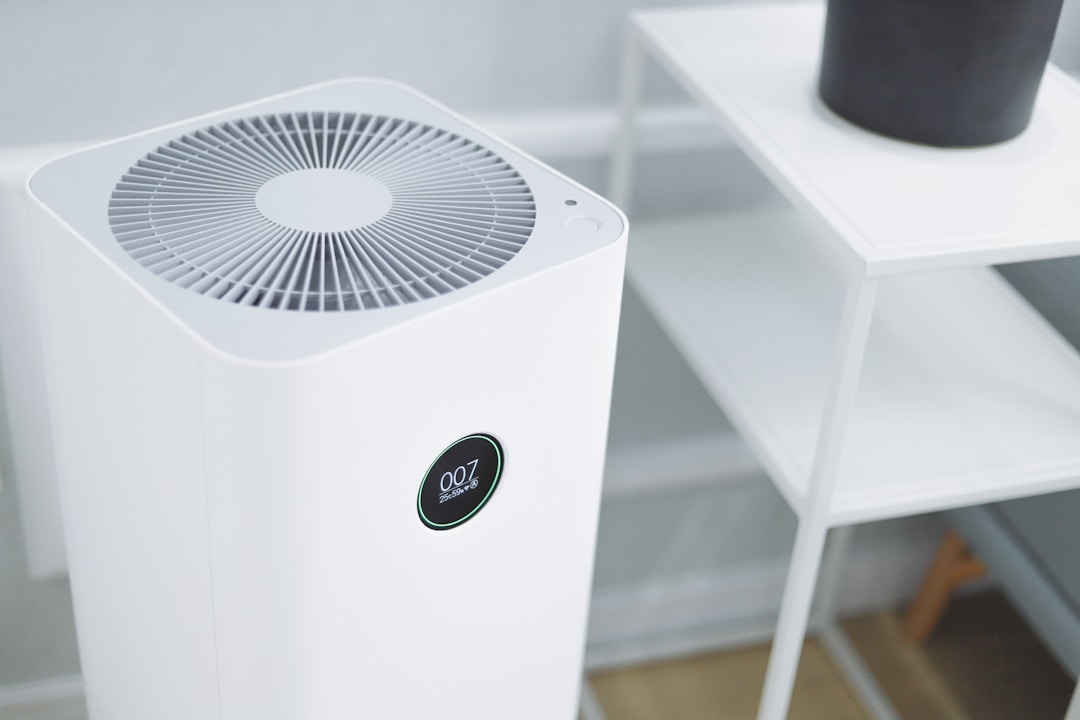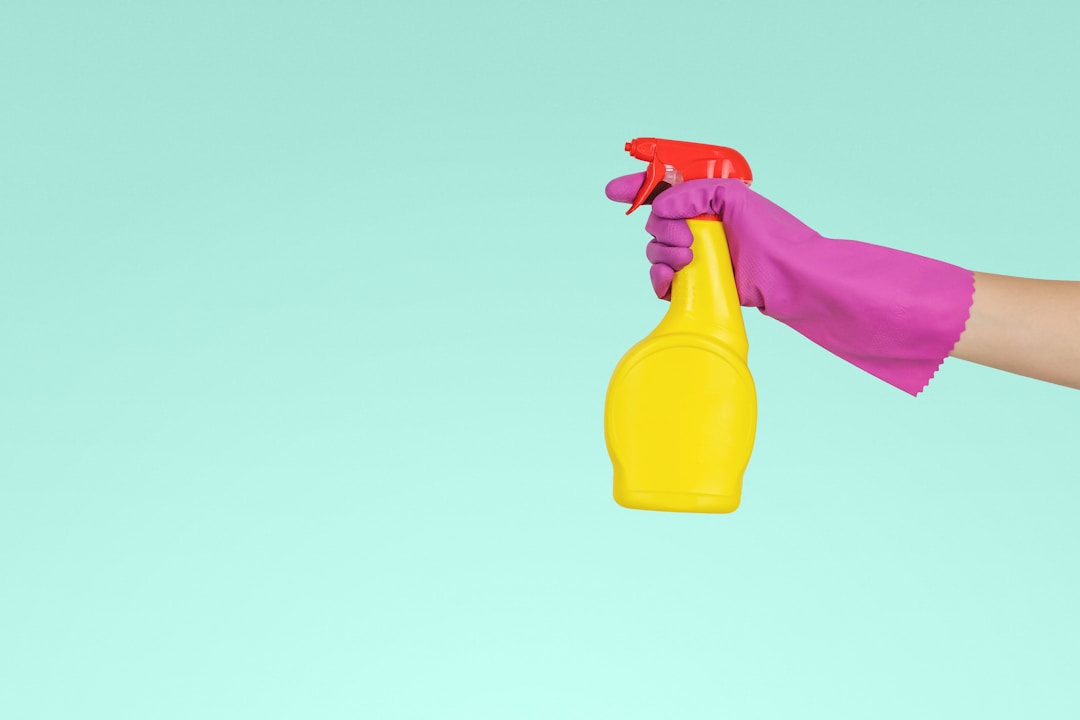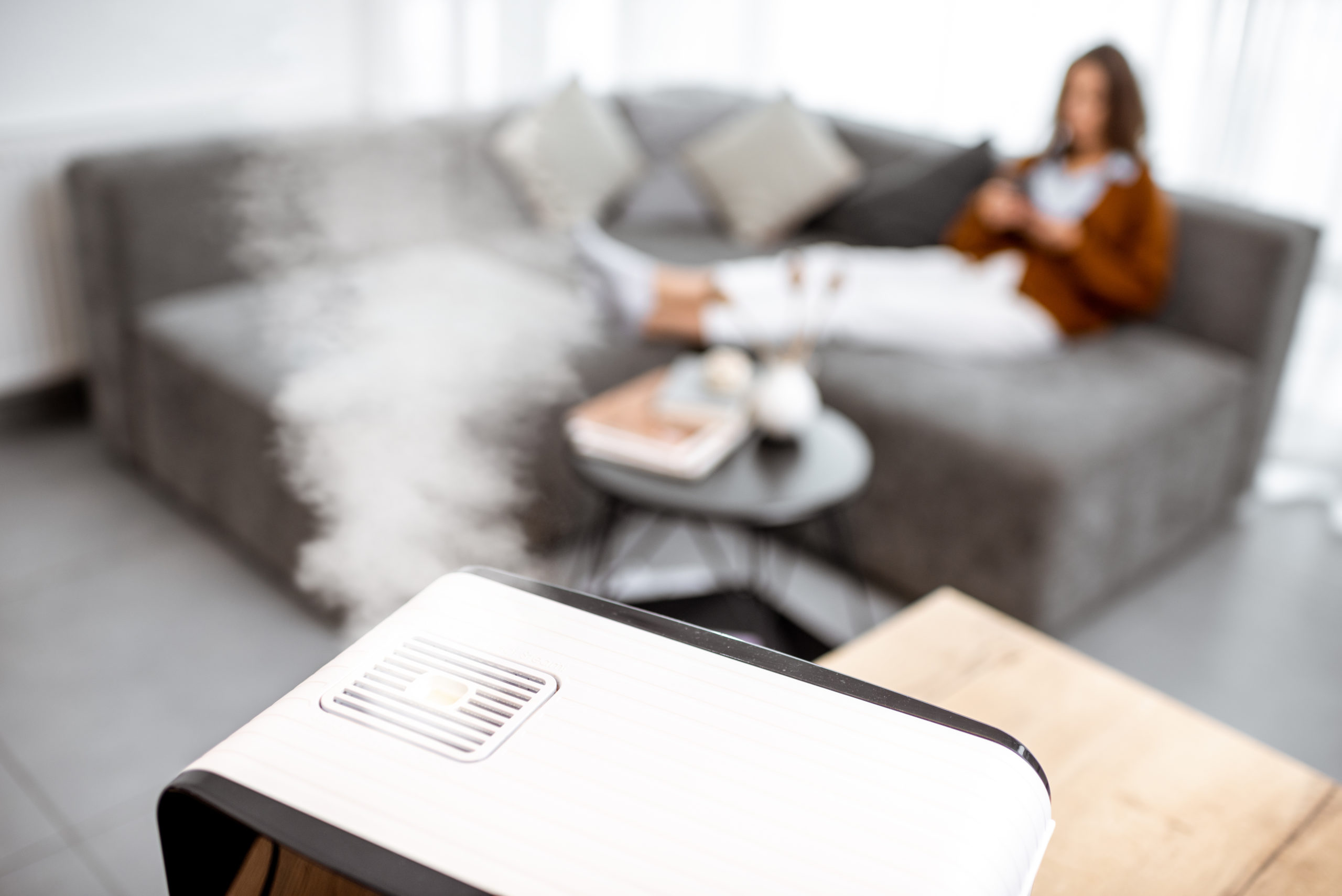Air pollution is a significant problem both in the United States and all over the world, but many homeowners don’t know what they can do to improve their environment at home. Most people also aren’t aware of the serious and far-reaching negative impact that air pollution can have on their overall health and wellness. Even several types of serious diseases have been linked to breathing in polluted air on an ongoing basis. Keep reading if you want to learn more about how indoor air pollutants raise your stress levels, as well as the other negative health effects they can have.
How can indoor air pollutants raise your stress levels?

There are several ways that indoor air pollutants can raise your stress levels. You may not realize it, but pollution in the air can affect your brain and your body in meaningful ways. Air pollution is connected to negative health outcomes and decreased quality of life, which can already be a source of significant stress. However, pollution can have even more serious effects than that, especially with repeated and long-term exposure.
One of the most dangerous effects of indoor air pollutants is the way they increase the amount of stress on your body. Poor indoor air quality is linked to a number of severe heart and lung problems. Conditions that can be caused by poor air quality include coronary artery disease, emphysema, respiratory infections, stroke, and lung cancer. It can also exacerbate other conditions like asthma, chronic obstructive pulmonary disease (COPD), cardiovascular disease, and diabetes.
The World Health Organization (WHO) actually states that air pollution is the world’s sixth-largest environmental risk. They estimate close to 4 million people die each year purely from air pollution stemming from inefficient cooking practices that combine polluting stoves with fuels like kerosene.
What can you do to improve your indoor air quality?

When dealing with poor air quality at home, your first line of defense is your HVAC system. Your HVAC system won’t be able to clean the air properly if it isn’t taken care of, though. You should always have your HVAC unit inspected at least once annually. The filter needs to be changed every 90 days. If you’re having frequent breakdowns or maintenance issues with a unit that’s over 10 years old, you may need to replace it entirely.
Keeping your home clean can also help improve air quality, especially because proper home hygiene will reduce the presence of some irritants like dust and pet dander. You should vacuum at least once or twice a week and make sure you regularly clean items like bedding and drapes that can hold onto odors and allergens for a long time if they aren’t laundered frequently.
Anyone who lives in an area where the outdoor air is safe should open windows and doors when they can. You should try to open more than one to keep air circulating in the house. You should also always use exhaust fans in rooms like your kitchen to remove cooking fumes and other pollutants. An air cleaner can also be a smart addition to high-traffic rooms.
The health effects of exposure to pollution on a regular basis can be severe, which is why it’s essential for every homeowner to take air quality seriously. Fortunately, there are a lot of ways you can improve your air quality at home. Regular HVAC maintenance is one of the best ways to protect the quality of your indoor air, but you should also make sure you keep up with cleaning if you want to reduce the presence of allergens and other health hazards. Even small changes like letting in more outdoor air and sunlight can make a difference. There are few more worthwhile things to invest in than making sure the air in your home is safe and healthy to breathe.

